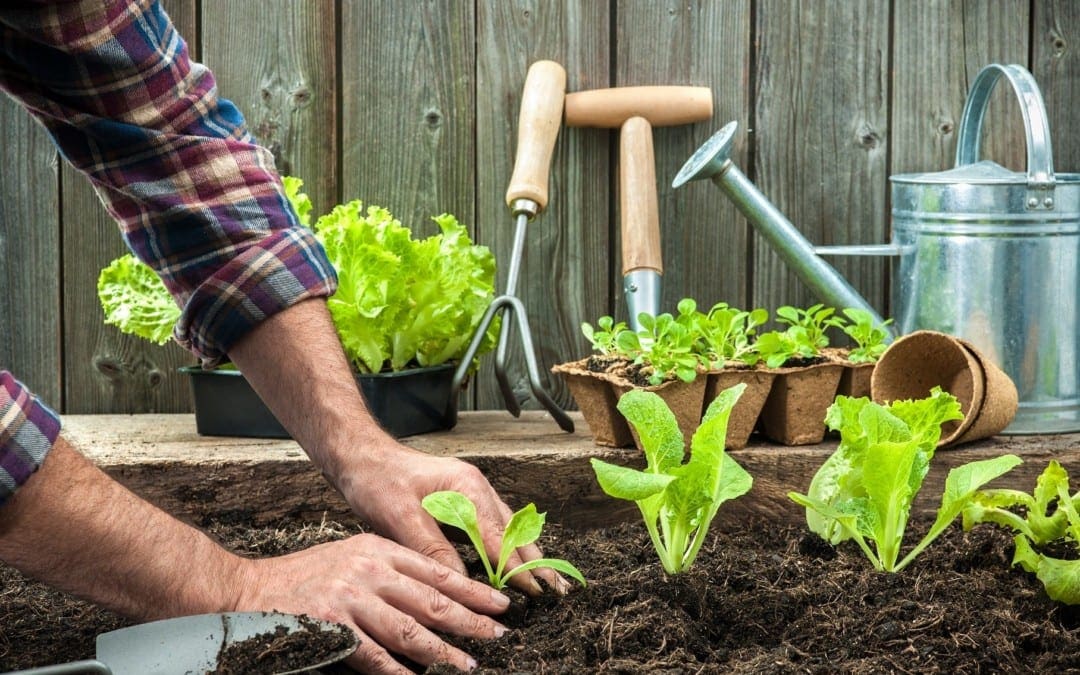There are more benefits to gardening than blossoming flowers and fresh produce. It’s also an opportunity to stay active while enjoying the outdoors.
With thousands of people getting treated in emergency rooms for gardening-related injuries, the American Academy of Orthopaedic Surgeons (AAOS) wants to ensure that outdoor gardeners are practicing safety first.
Research from the National Electronic Injury Surveillance System (NEISS) shows the following results for individuals treated in hospital emergency rooms in 2015:
Although equipment contributes to a significant number of injuries, they aren’t the sole cause of gardening injuries. Poor posture and body positions while gardening can lead to muscle and tendon injuries.
Contents
Expert Advice to Avoid Injury
“While gardening helps to relieve mental stress, many people underestimate the physical stress your body can endure during this activity,” said orthopaedic spine surgeon Raj Rao, MD. The constant bending, reaching and squatting involved could result in injuries to the lower back and knees, therefore it’s important to be mindful of your body’s position while gardening to avoid aches and strains.”
The AAOS recommends the following gardening safety tips, and urges gardeners to share them with family and friends.
- Loosen your joints and muscles before gardening with simple stretches.
- Take breaks. Do not stay in one position for too long. Switch positions often to avoid overworking one part of the body.
- To avoid injuring your back when lifting heavy objects, position yourself close to the object you want to lift. Separate your feet shoulder-width apart to give yourself a solid base of support. Then bend at the knees, tighten your stomach muscles and lift with your leg muscles as you stand up. If an object is too heavy or is an awkward shape, do not try to lift it by yourself. Get help.
- Protect your back and knees from strain by sitting on a garden stool when possible to help relieve pressure on your spine and knees.
- Consider having a vertical garden, wall planters or hanging plant baskets to avoid the repetitive back bending and kneeling positions that’s involved in traditional gardening.
- Stay hydrated with fluids, especially if you’re working up a sweat.
- Children should not be allowed to play in or near where sharp tools, chemicals or gardening equipment are being used or stored.
- Remove stones, toys and other objects from the yard before you start gardening.
- Wear protective gloves, sturdy shoes and long pants when working in the garden to protect against insect bites and injuries from stepping on sharp objects, or cuts from handling sharp tools.
- Familiarize yourself with the plants that are in your garden. If you identify poisonous plants or trees, ensure you keep young children away and educate them about the potential risks. If you cannot identify a plant or tree, take a sample to your local garden center for identification.
- Keep gardening equipment in good working order. For example, when using a hedge trimmer for the first time in a season, have it serviced to ensure that it is working correctly.
The scope of our information is limited to chiropractic and spinal injuries and conditions. To discuss options on the subject matter, please feel free to ask Dr. Jimenez or contact us at 915-850-0900 .
Additional Topics: Preventing Spinal Degeneration
As we age, it’s natural for the spine, as well as the other complex structures of the spine, to begin degenerating. Without the proper care, however, the overall health and wellness of the spine can develop complications, such as degenerative disc disease, among others, which could potentially lead to back pain and other painful symptoms. Chiropractic care is a common alternative treatment option utilized to maintain and improve spine health.
TRENDING TOPIC: EXTRA EXTRA: New PUSH 24/7�? Fitness Center









